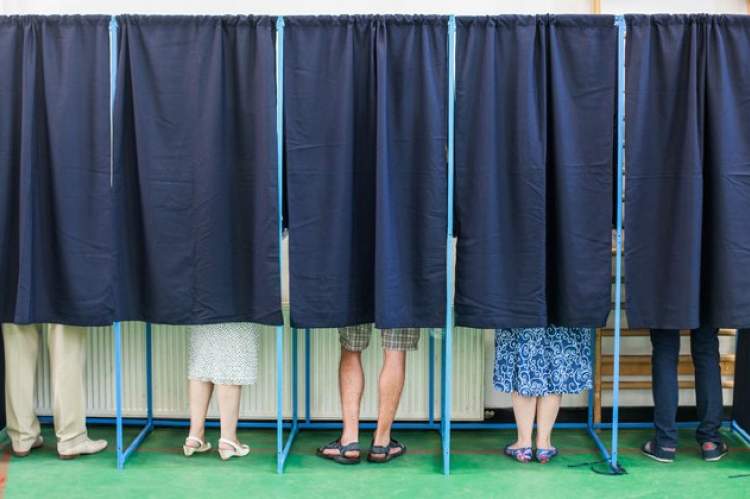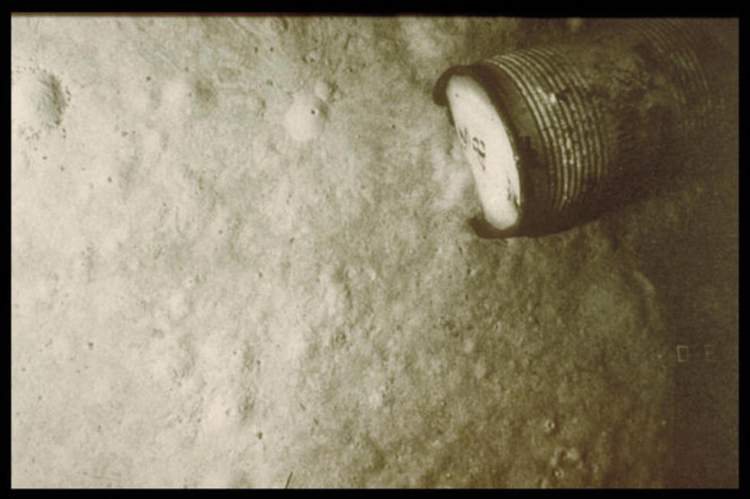Renovation of small town’s sewage system
Nearly half-year case is about to come to an end with success. The EU gave financial assistances to Hungary in many times without any meaningful result.
Our client turned to us with the request to investigate the suspicous circumstances around the renovation of Orosháza’s sewage system.
In 2010 the city’s population was informed, that the city administration – led by József Dancsó – has launched a sewerage project.
Only five years later the project has come to an end. After this– as a cold shower – the residents faced with the fact that the entire downpayment was burdened to them. It wouldn’t be a problem If it was possible to pay 210,000 forints per family in one amount. But compared to Hungarian average salaries, this sum corresponds to the total monthly income of two months per family.
In this case, not less than 3625 families are affected. Few people were able to pay the so-called contribution in one amount. Those who were not able to do so the amount have been taken out in the form of a tax including the childcare assistance.
At the time of the application (2010), the law (LXV.) the law on Local Self-Government was in force (this Act only expired on 1 January 2013).
All this can be interesting because since the beginning of the application, the newly created law (CLXXXIX.), the law on local self-government has been revised and amended many times.
But the laws in force during the tender’s period, stating that the contributions of the population can be claimed back. The stakeholders only met up to just a promise of a small fraction of the full amount by László Burka (president of water public utility).
As our client confirmed, Mr. Burka threatened some of the dissatisfied residents.
The sewerage project has been completed with the end of 2015, and it has already been submitted to renovate by the local government of Orosháza, with the participation of György Simonka.
It means another EU financial assistance.
And now the evaluation of the OLAF declared the ineffectiveness of the drinking water and wastewater projects financed from EU sources, which means that any aid could be suspended.




















